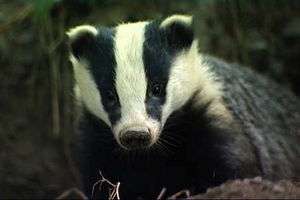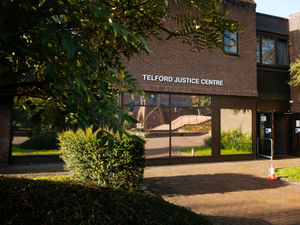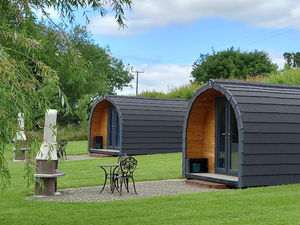Badgers blamed for loss of rare birds
Rare birds have completely disappeared from areas of Shropshire's Clun Valley and badgers have been blamed for destroying nests and eating eggs and young chicks.

Rare birds have completely disappeared from areas of Shropshire's Clun Valley and badgers have been blamed for destroying nests and eating eggs and young chicks.
Frank Whittall, who owns Riddings Anchor Wildlife Site near Anchor on the Shropshire/ Mid Wales border, said his land used to be home to hundreds of ground-nesting birds including curlews, lapwings and skylarks.
But he said that last year, for the first time ever, none of these birds were recorded in the area.
Mr Whittall and fellow landowners have blamed the decline in numbers on badgers and have backed national culls for a cull.
But officials at Shropshire Wildlife Trust said while badgers and crows had contributed to the falling number of birds, changing farming techniques and draining of wetland had also played a part.
Last month the Government revealed it would be trialling a badger cull in parts of England in a bid to stop the spread of bovine tuberculosis.
Mr Whittall, whose family have owned the land since 1923, said; "There used to be hundreds of skylark, lapwings and curlew in the area about 30 years ago.
"But the numbers have declined and last year none were recorded on our land.
"It has happened ever since badgers became protected – they destroy nests and eat young and the eggs. I think there would be a chance of the birds coming back if badgers were culled."
Dunja Roberts, who owns a farm and eight acres of land on the site, said: "I'd support a cull of badgers. I love all animals but you cannot just let nature run wild."
John Hughes, development manager for Shropshire Wildlife Trust, said: "The fundamental reason behind the decline in bird numbers is loss of habitat. Such birds like wet areas but since World War Two a lot of effort has gone into draining wet areas.
"Badgers and crows definitely have had an impact. But even if you got rid of all the badgers the skylarks and lapwing would not come back because their habitat has changed."





